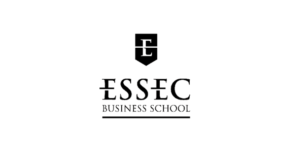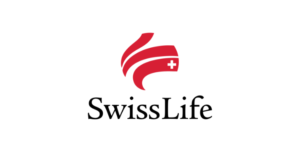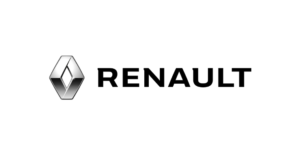-

OFF/ONLINE LEARNING EXPEDITION INSURTECH
Explore insurtech and the reshaping of the insurance industry
CONTACT US to organize your Learning Expedition
NEW ! Virtual Learning Expeditions
Why going digital?
– Cost-effective for large number of participants
– Explore multiple ecosystems around the world at the same time
– Flexible timings

Explore insurtech and the reshaping of the insurance industry
The insurtech sector has been surging in investments and is expected to grow 41% annually between 2019 and 2023. With tech giants such as Alibaba or Tencent in China, Grab in Southeast Asia or Paytm in India leveraging on their user base and tech advance to enter the space, insurance players around the world have to keep up with the latest trends, collaborate with their ecosystem and anticipate the disruptors’ moves.
Through our off/online learning expeditions Insurtech, we have helped our corporate clients in the insurance industry to immerse themselves in the future of insurance and accelerate their own innovation.



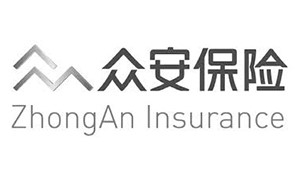





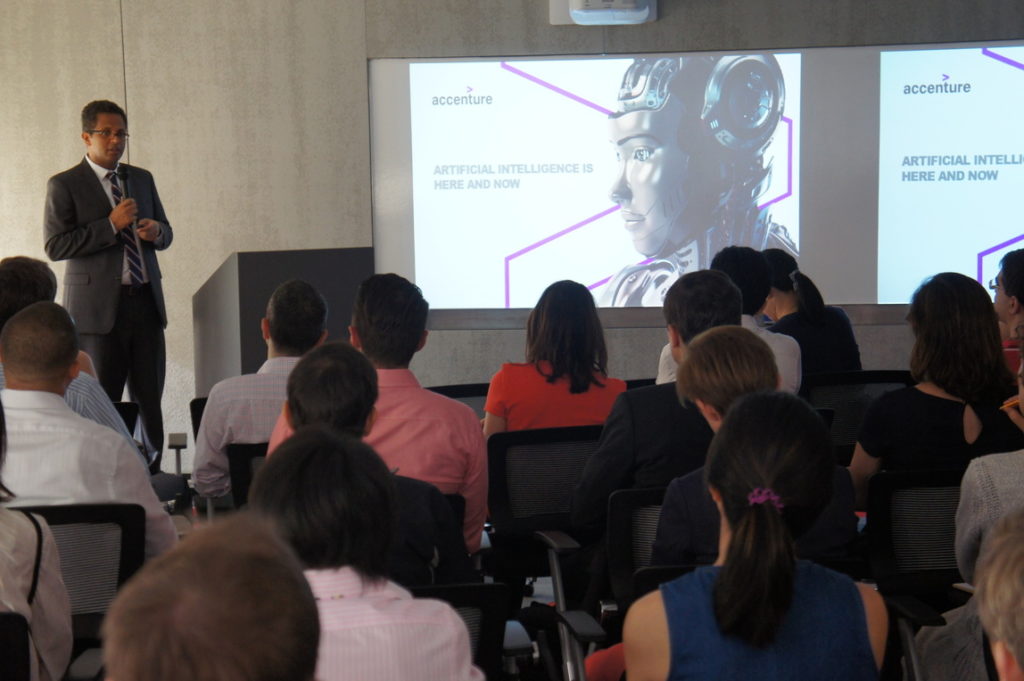


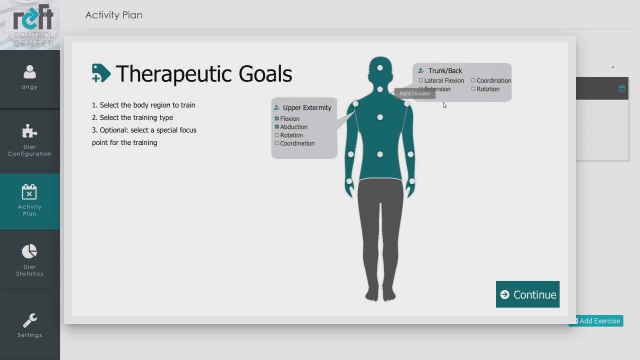
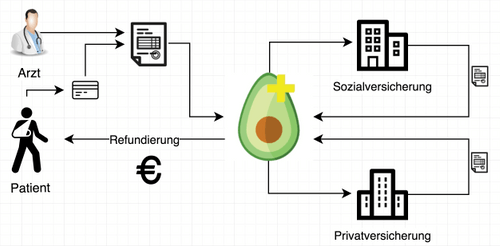

You want to:
• Get inspired by innovative solutions to the main challenges faced by insurance incumbents across the value chain
• Deepen your insights on the transformation of the insurance industry and opportunities to tap on with the pervasive use of technologies like telematics, Internet of Things, Blockchain, Artificial intelligence predictive analytics and Big data.
• Visit accelerators, innovation labs and disruptive insurtech players that are integrating these technologies to improve operational efficiency and enhance risk management.
• Improve the cohesiveness of your team for more effectiveness
• Embark your key stakeholders into your new vision of the world by offering them to participate in a learning experience designed to deliver on your messages
Where to learn from to get a glimpse of the future of insurance?
Shanghai, an insurtech leader
The insurtech market in China isn’t led by the small startups one might expect. Instead, China’s largest companies, both in tech and insurance, are working together to digitize the industry. This is due to a lack of restrictive, uneven regulation and legacy IT frameworks.
Hence, this gives rise to tech behemoths like Tencent, Alibaba and leading Chinese insurer Ping An making significant commitments in insurtech investments, such as into co-launching all-digital Zhong An Insurance, established in 2013 and now capitalised at over $5 billion.
Zhong An has now reached over 400 million customers with more than 10 billion policies sold. It is also part of five major ecosystems with over 300 ecosystem partners. Such an ecosystem thinking has allowed insurance giants in China to thrive, as they begin to capitalise data of the customers to generate personalised and tailor-made offerings.
Shanghai also boasts the success of Chinese startups driving digitalisation and innovation in the insurance industry. Re-defining the customer experience for users is The CareVoice, a health insurtech mobile app digitalises health care and insurance, covering everything from managing claims, to checking doctor ratings, recommending hospitals and booking appointments.
Shenzhen, an innovation hub
Shenzhen has transformed from a mere fishing village into the Hardware Silicon Valley of China over the past thirty years. In this time, it has also expanded innovation into various sectors and industries including insurance.
This trend ties in well with China’s plan to become a leader in Artificial Intelligence Technologies by 2030. China’s AI market was worth 23.74 billion (US$3.55 billion) yuan in 2017, up 67% from the previous year, with computer vision, voice, and natural language processing accounting for most of the market. It is no surprise that AI will be more deeply integrated into the insurance industry in China to further spur innovation and transformation of the insurance model.
Insurance giant Ping An is a success story of the way it has developed and invested in AI innovate. The Group expects to invest RMB100 billion (USD15 billion) in technology research and development in the next decade to consolidate its technology and AI leadership in the financial services industry. Ping An has designed an AI risk management system to handle 95% of small insurance claims and has drastically reduced fraud and increased efficiencies. In just the first half of 2017, the use of this AI system led to a decline in claim loses by 7.8%, or roughly US$480 million.
Singapore, a high tech ecosystem
With its long-established and trusted financial and legal system, Singapore has a vibrant ecosystem that nurtures an innovative culture. This is exemplified by its governmental Monetary Authority of Singapore, that strives to attract fintech and insurtech-fuelled opportunities. The FinTech Regulatory Sandbox was set up in 2016 and encourages financial institutions and FinTech players to experiment with innovative financial products or services in a live environment, but also managed within a well-defined space and duration.
The first startup to have graduated from the Sandbox includes Singapore-based insurtech PolicyPal. The aim for the insurance startup is to allow users to simplify and digitise insurance, and manage several insurance policies in a simple manner on an app, using artificial intelligence. It is currently being incubated by PayPal and is partnered with several insurers in Singapore, including AIG, Aviva, AXA, Etiqa, and NTUC Income.
Innovation labs are nothing new to Singapore, and are big agents in driving a test-bed innovative ideas and roll out of market solutions in the insurance industry.
One example is AXA Digital Hive, a hub to facilitate any sharing of ideas within AXA as well as externally with partners and stakeholders. By having a dedicated space for digital analytics, developers and can monitor and extract real-time insights based on what comments are provided by customers on digital media. The goal is not only to ensure a quick solution to any of AXA’s customer concerns, but to understand the opportunities and potential digital offers for the Singapore market.
Munich, an insurtech startups booster
Unlike some other countries, innovation in Germany does not have a capital city. Instead, every large city is focused on different industries, and insurtech gets its core activity in Munich, Bavaria.
Based in Munich, the InsurTech Hub Munich (ITHM) is one of Germany’s 12 digital hubs supported by the Federal Government. It is a cross-sector entrepreneurial platform to collaborate on creating innovative insurance products and services. It runs two accelerator programs: W1 Forward InsurTech (a two-month program with WERK1 hub, for early-stage startups) and InsurTechEurope pwd (by Plug and Play, for later-stage startups). It connects startups, corporates, universities, research centers, investors, and the government to transform the future of insurance.
Among the startups hosted by the InsurTech Hub Munich :
reFit Systems: a therapy platform for rehabilitation, via digitisation and gamification of medical processes.
AvoCard: a single solution for doctor visits, covering payment and reimbursement.
Melloon: a mobile app created by millennials for millennials, offering on-demand insurance products ranging from sales to relationship-building.
The InsurTech Hub Munich bridges the gap between startups and the complex German market by regularly exchanging insights on successful innovation methods and promoting startups that could benefit from a different industry ecosystem.
Munich is also the headquarter of innovative Insurtech companies such as :
Ottonova: allows users to choose the best option between public and private insurance, automate reimbursements as much as possible and gain autonomy thanks to decision-making tools
xbAV: technology provider for the digitization of company pension schemes
There are also tech leaders like Celonis which improves operational efficiency with data mining, DataGuard for data privacy, or IDnow (online identification and electronic signature solutions).
Interested to organize a learning expedition?

